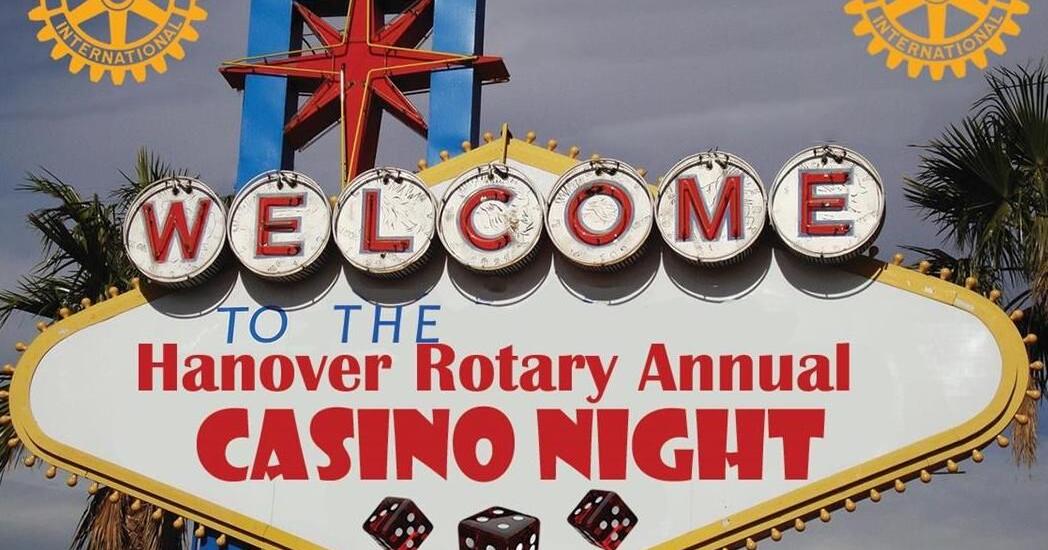The decision came after Graton Rancheria, which operates the Bay Area’s largest casino, filed for an injunction seeking to prevent the U.S. Department of the Interior from finalizing its approval process. The Graton tribe argued that the federal government had not adequately consulted with them during the land review process, especially regarding cultural surveys required under the National Historic Preservation Act. Despite these claims, Judge Lin ruled that Graton had failed to demonstrate any immediate harm that would justify halting the project’s approval.
“The Federated Indians of Graton Rancheria is disappointed by the court’s decision,”Graton Chairman Greg Sarris said in a statement. He called on President Joe Biden and Interior Secretary Deb Haaland to continue tribal consultations in the next administration, warning of a dangerous precedent being set by the government’s rush to approve the project.
The Koi Nation’s proposal to establish a casino on land just outside Windsor has sparked considerable controversy since it was first announced in 2021. A historically small tribe with deep roots in Lake County, the Koi Nation has faced considerable opposition from neighboring tribes, local residents, and political figures. These groups, including Sonoma County’s elected officials, have voiced concerns over the potential impact on the environment, local infrastructure, and public safety, particularly regarding fire evacuation plans in an area that is at high risk for wildfires.
Despite this backlash, the Koi Nation has remained resolute in its pursuit of the project, seeing the casino as a crucial step toward economic self-sufficiency and the restoration of tribal sovereignty. The tribe’s casino plans include a vast 530,000-square-foot gaming floor, 2,750 gaming devices, 105 table games, and a 400-room hotel. The Koi Nation has also secured a partnership with the Chickasaw Nation of Oklahoma to manage the casino operations, further bolstering the project’s potential viability.
“This decision represents a historic moment of opportunity and justice for the Koi Nation,” said Darin Beltran, Chairman of the Koi Nation Tribal Council. “For the first time in over a century, the Koi Nation has the chance to build a sovereign land base that will provide economic development and self-governance for future generations.”
Local tribes and elected officials condemn the approval:
However, the approval has ignited fierce opposition from local tribes, including the Lytton Rancheria, which issued a statement condemning the decision as a betrayal of the federal government’s trust obligations. Andy Mejia, Chairman of the Lytton Rancheria, criticized the Department of the Interior’s handling of the approval process, arguing that it disregarded historical and cultural ties to the land and failed to adequately consider the potential impacts on nearby communities. He also suggested that the Koi Nation’s project was part of a broader trend of tribes “reservation shopping,” seeking to build casinos far from their traditional territories for financial gain.
“We will pursue every legal avenue to protect our ancestral lands and prevent these harmful projects from moving forward,” Mejia declared, as Press Democrat reports.
Despite these objections, the federal government’s decision aligns with broader policy trends aimed at addressing historical injustices through the “restored lands exception” under federal Indian gaming law. This provision allows tribes that were displaced from their original homelands to seek gaming facilities on land outside their traditional territories. The Koi Nation and the Scotts Valley Band of Pomo Indians, another tribe pursuing a similar project, are both leveraging this policy to gain approval for their respective casino proposals.
The approval process for the Koi Nation’s casino also reflects the Biden administration’s general inclination to expedite such projects. The Interior Department has fast-tracked several tribal casino proposals in recent years, citing the need to correct past wrongs and support tribal economic development. This approach, however, has drawn sharp criticism from opponents who argue that it undermines the rights of tribes with existing gaming operations and ignores the concerns of local communities.
The Koi Nation’s plans for the Shiloh Resort & Casino have already drawn the ire of local residents in the surrounding Shiloh neighborhood. Many have expressed fears about the impact of the casino on traffic, crime, noise, and water resources, in addition to concerns about the potential dangers posed by wildfires in the area. The site is located near the hills of Sonoma County, which are prone to fire hazards. The 2017 Tubbs Fire and the 2019 Kincade Fire both came within a half-mile of the proposed casino location.





